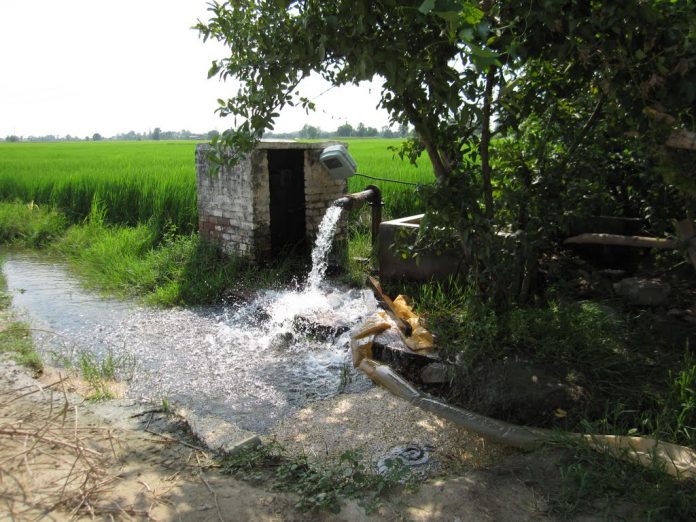— Spokesman says the agency is working to transform the socioeconomic landscape of barani region by creating enormous avenues of livelihood
RAWALPINDI: The Agency for Barani Areas Development (ABAD) Punjab has offered a financial assistance programme to the farmers, particularly to those belonging to the barani area, with an aim to construct water reservoirs and address the plight of the downtrodden segments.
According to ABAD Rawalpindi Director General Dr Ethasham Anwar, the financial assistance of Rs1.5 million will be provided to the farming community for the construction of a mini-dam, Rs500,000 for the construction of water ponds, water storage tanks, rooftop harvesting and lift irrigation scheme.
Similarly, he said Rs300,000 will be given for construction of dug well and shallow tubewells, adding that financial assistance was being offered to the farmers of Attock, Jhelum, Chakwal and Rawalpindi, while last date for aspirant farmers to apply for the programme would be October 15.
“The programme has been offered to the community at village level,” he said. “Old associations formed under the National Rural Support Programme (NRSP) are eligible for the programme while new associations can also be made in this connection.”
Application forms can be received from the offices of NRSP. For further information, ABAD helpline 1095 can be contacted.
An ABAD spokesman claimed that in order to uplift the marginalized population of Punjab Barani Tract, the agency invested Rs8 billion to complete 40 public-funded projects belonging to agriculture, institutional development, multi-sectoral projects, afforestation, range management, agriculture mechanism, livestock development, soil and water conservation, and water resource development. He said that the agency was currently working on six projects with a cost of Rs845 million.
According to the agency spokesman, ABAD also completed five donor-funded projects including sustainable livelihood in barani areas project, second barani areas development project, barani village development project, small dams umbrella project and first barani area development project.
He said that the department was working to transform the socioeconomic landscape of the barani region by creating enormous avenues of livelihood, adding that the agency was implementing the development programmes through proper coordination, monitoring and evaluation.
He said ABAD was striving to increase the agricultural productivity of barani areas, reduce soil losses, promote efficient use of groundwater, improve management of forestry, fisheries and livestock resources and promote employment and commercial opportunities for rural communities.
It is pertinent to mention that barani areas are those that primarily lack access to water for crop and livestock production, resulting in lower and uncertain crop yields and livestock productivity. Such areas typically have high levels of poverty. Other contributing factors include limited access to markets, inputs, and services; lack of access to electricity; limited access to domestic drinking water; limited range of alternative crop varieties appropriate for barani areas; inadequate and poorly managed rangelands for livestock; serious loss of productive land due to water and wind erosion; poor access to agriculture and livestock advisory and support services; and low levels of literacy.




